
Understanding Bipolar DepressionWhat is Bipolar Depression?
Bipolar depression, or manic depression, is a type of mood disorder that involves both depression and manic symptoms. Bipolar depression is a chronic condition characterized by extreme mood swings. Mood of affected person alternates between ecstatic happiness and extreme melancholy. This episodic psychological problem usually begins during adolescence and early adulthood and persists for lifetime. People affected by bipolar depression may suffer for years without treatment because their condition isn’t recognized at the beginning.
Causes of Bipolar DepressionIt hasn’t been discovered the exact cause of bipolar depression yet but it is believed that the condition occurs due to combination of number of factors such as genetic, environmental and other factors. Genetic or hereditary factors increase the risk for bipolar depression. Children of parents with bipolar depression are at high risk. Bipolar depression may be also caused by chemical imbalance within the brain. It has been shown that individuals with bipolar depression have somewhat different brain structures then people who are not affected by this disorder. Frequently, stress of any kind is needed to trigger the condition. It can be emotional stress caused by death of loved one, the birth of new family member or loss of job. Bipolar depression can be caused by psychological and hormonal factors such as drug use or illness as well.
Signs and SymptomsPerson with bipolar depression are usually unable to make simple life decision. People with this disorder may feel very sad, worthless, helpless and desperate and then experience completely opposite feelings such as hyperactivity and creativity. Bipolar depression episodes may cause major problems in marriage, disrupt family life and finances and lead to loss of job. Also, during depressive or mixed phase there are many suicides or suicide attempts among people with bipolar depression. That is why it is important that family members, friends and employers of bipolar depression patients be familiar with the signs of this disorder. Warning signs of bipolar depression are lethargy, fatigue, social withdrawal, insomnia, loss of interest in activities and lower activity levels. Signs of mania include increased activity levels and gestures, irritability, delusions, hallucinations, and pressured speech.
Bipolar Depression CategoriesBipolar depression can be divided into four categories: bipolar I, bipolar II, bipolar NOS and cyclothemia. Bipolar depression I is characterized by at least one manic episode or simultaneously occurring symptoms of both mania ad depression. Bipolar depression II features episodes of major depressive symptoms and occasional symptoms of hypomania. This is the most common form of bipolar depression. Cyclothymic bipolar depression isn’t severe as bipolar I and bipolar II and it is more chronic condition.



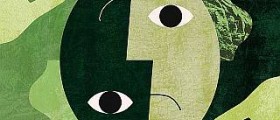

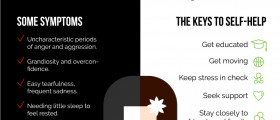

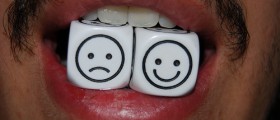



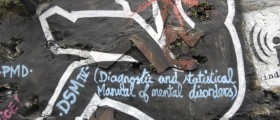

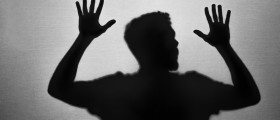
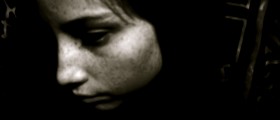
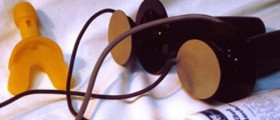

Your thoughts on this
Loading...